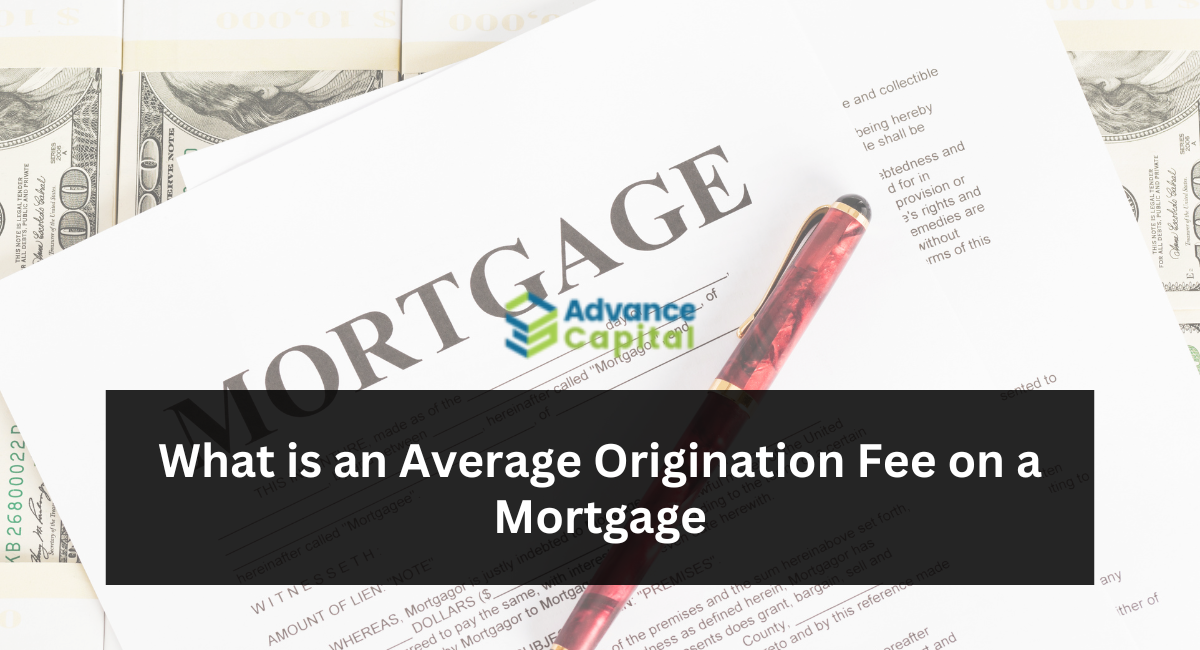Lender origination fees cover various services associated with mortgage lending and typically include prepay interest and discount points. Your lender is required to disclose these costs in your Loan Estimate and Closing Disclosure document, although sometimes these charges can be negotiable.
Lenders often reduce origination fees if your credit score or down payment is strong enough.
1.5% to 2.5%
Loan origination fees are charged by lenders as compensation for their work in processing mortgage applications, usually covering costs such as reviewing documents, underwriting the mortgage loan application, verifying credit, ordering an appraisal and more. Your Loan Estimate and Closing Disclosure will detail this list and other closing costs before your closing date, such as prepayable interest points.
Fees will differ between lenders but typically average 1 per cent of your mortgage amount. If you have excellent credit and low risk, loan origination fees may not apply.
Prepayment of loan origination fees, also known as discount points, may lower your mortgage’s interest rate and save money over time. But beware of overspending – increased mortgage payments per year might offset any savings from loan origination fees!
2.5% to 3%
An origination fee-dependent lender needs to be competitive; you can easily compare loans by looking at these fees. They should be itemized in your loan estimate provided at least three days before closing by your lender.
However, lenders often combine other fees into the origination fee. Waive these as part of negotiations for lower-rate financing options. Although you might not be able to convince them to drop it altogether, even a reduced rate might impact your bottom line.
Mortgage origination fees vary considerably by lender and even by state and county. By researching and seeking multiple quotes from various lenders, you can locate those offering the best rates at lower upfront costs, allowing you to lower interest expenses over time and maximize your homebuying budget.
3.5% to 4.5%
Lenders depend on loan origination fees as an essential source of revenue to provide mortgages to homebuyers, and homebuyers need to understand that mortgage origination fees can be negotiable to be successful at doing so. However, homebuyers need to recognize all possible tradeoffs involved with this negotiation before entering any agreement on loan origination fees with lenders.
Some lenders break their origination fee down into components like processing and underwriting to make it easier to compare different offers; however, this can also mask the fact that certain lenders may be more costly.
As it’s illegal for lenders to conceal origination fees on mortgage loan estimates, it is in your best interest to get several estimates from various lenders before making your final choice. Remember closing costs when considering different mortgages; no-fee mortgages may cost more upfront in closing costs but could save more over time in interest payments – ultimately, you need to do the math when selecting your lender – the good news is they must disclose all charges, including origination fees before closing on your mortgage loan agreement.
4.5% to 5.5%
Homebuyers must always carefully consider any fees they must pay when buying property, from credit or appraisal costs to loan origination and origination fees.
Origination fees are calculated based on a percentage of the borrowed loan; thus, the more money borrowed, the higher prices will apply. They’re paid along with other closing costs and down payments at closing.
Mortgage lenders use fees as an offset against the costs associated with creating and processing the loan, such as document preparation, underwriting, inspections and appraisal/credit check fees.
Some lenders waive origination fees entirely when they realize you’re low-risk or can pay upfront with discount points for your loan. A lower origination fee saves upfront costs and lowers your interest rate, leading to savings over time.
Conclusion:
Understanding the average origination fee on a mortgage is crucial for homeowners navigating the complexities of home financing. At Advance Capital Now, we prioritize clarity and transparency, ensuring that you are well-informed about the costs associated with your mortgage. Our commitment is to guide you through the mortgage process, offering personalized solutions that align with your financial goals and empower you on your homeownership journey.
